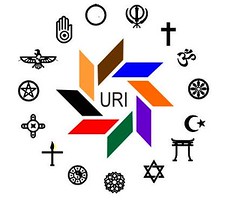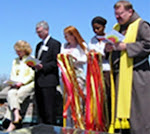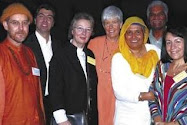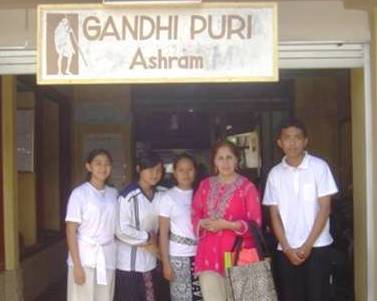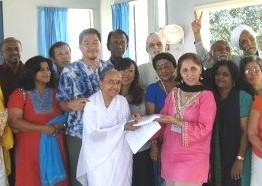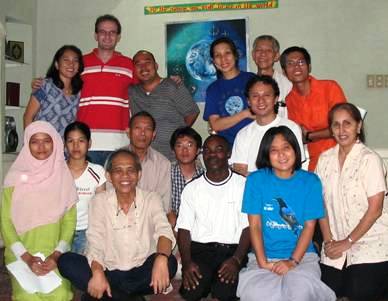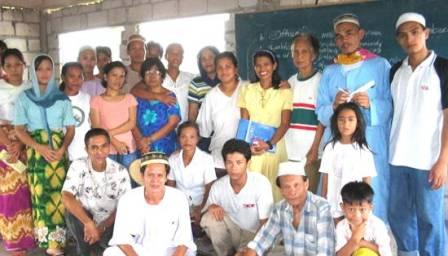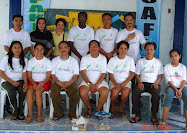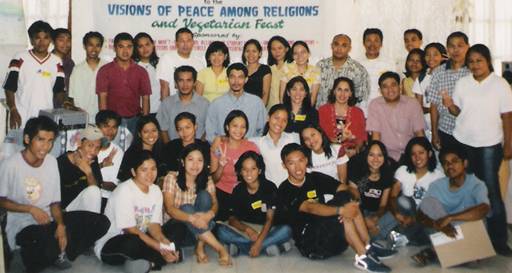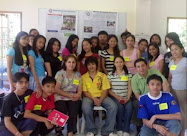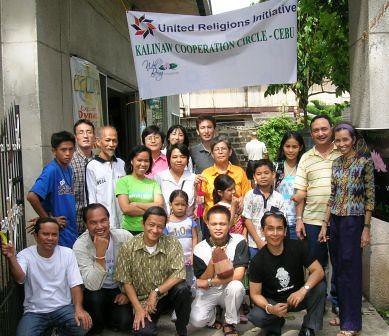 EMBRACING DIVERSITY
EMBRACING DIVERSITYis an interview section with practitioners of interfaith dialogue. In this issue, we feature Dr. John Gurusamy, an Anglican Christian from Malaysia. He is the coordinator of the Malaysian Interfaith Network (MIN) Cooperation Circle and also a member of the Interfaith Spiritual Fellowship (InSaF) CC.
TCC: What is your faith tradition?
TCC: How did you get involved in interfaith dialogue?
TCC: What teachings from your faith enabled you to appreciate in interfaith dialogue?
JG: Love as expressed in the Golden Rule from the Bible: “In everything, do unto others as you would have them do unto you; for this is the law [of God] and [the teachings of] the prophets.” (Matthew 7:12) It aptly summarizes all of God's laws, and it is also present in all the different major religions of the world.
TCC: How has the practice of interfaith dialogue enriched you?
JG: It has made me more appreciative of other faiths and has made me realize that God only requires us to be just, merciful and humble. (Micah 6:8)
TCC: What message would you like to convey to the readers about interfaith dialogue?
JG: In a globalised village of pluralism, we have to realize that God is the Macrocosm and we are the microcosm. We are one human family, and it is incumbent on each of us to promote and practice inclusivity. This is the Golden Rule in practice. The most basic teaching found in all faiths, the Golden Rule should be practiced in innovative, creative ways in the different areas of life— within the family, in the workplace and in the communities-- through many different expressions like Yoga, T’ai Chi, Art, Music, Dance, Culture and Sports.
